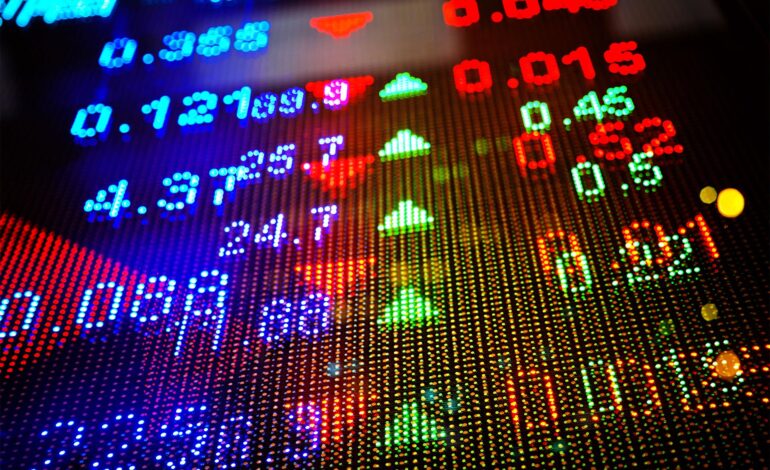What’s the Difference between Trading and Investing?

Trading and investing are different methods of trying to be successful in the financial markets. Both traders and investors use these approaches to make money. And while these terms tend to be used interchangeably, there are key things that make them completely different from each other.
Imagine if you and your friend bought a female cow of the same size, shape, and weight. But you decided to sell it immediately at a profit and your friend, on the other hand, feeds and mates it and waited for some years until it gave birth to a calf. And he continued doing that until he had a lot more cows than what you’d bought together, and so he decides to sell them. By choosing to invest in his cow, your ally made more profit than you. And that’s where the differences between trading and investing comes in.
Whether you choose to trade or invest, you must understand that each comes with its own perks and downfalls. So what is the difference between the two? Find out from this guide.
Investing
This is more of committing to an asset by the hope of it making a huge profitable return after an undefined period in the future. The goal of doing that is to slowly and gradually build wealth over an extended time through buying and holding of stocks, bonds, funds, etc. Investors understand and accept that their investments will take quite some time to mature. That is why, for them, they only transact a few times in a year.
Advantages
While there is nothing wrong with choosing to trade or invest, most people, if not all, weigh out the pros and cons of each approach before they decide on their way forward. They evaluate the plus and minus and determine which one will work for them. Here are the perks of making investments.
1. Returns may be higher
As the stock markets increases, so does the interest rates of different assets. Therefore, investors stand a high chance of making huge returns from their investments.
2. Less Risky
Traders are faced with fluctuations every day which may affect the profit they make from the stocks. But with investing, short term fluctuations do not have a huge impact, if any at all in your returns.
3. No Transactions Costs and Tax Liabilities
Investors may avoid paying tax liabilities and spending too much on transacting by restricting the number they pursue. Even better, with some accounts, one can completely avoid tax breaks which have been realized on profits.
Disadvantages
The main reason why many people would rather trade than invest is because, with investments, chances are you wouldn’t have access to available capital until the time liquidation occurs. Also, if an investor decides to sell their stocks at the time the market is low, they’ll not yield as many returns.
Trading
Traders work on a shorter time frame as compared to investors. With trading, one holds stocks for a short time, a week or 2 weeks, until the short-time high performance. It involves frequent buying and selling of shares to generate faster returns. Traders seek profits for each month. Because of the fluctuations of prices, traders tend to focus on short term gains in trades they make. And they take very minimal time to execute transactions worth hundreds of money. They expect a return of 10% each month, unlike investors who are comfortable with gains of between 10%-15% annually.
Pros
1. A Significant Rate of Returns
The main advantage of trading is it delivers a substantial and fast speed of returns. You can get profits of 5% within a day.
2. Yields Dividend
Shares give traders the right to an annual dividend payment on the basis of per share. Therefore, they can produce a continuing revenue stream when the market is favorable.
3. You can Acquire Assets
Traders have a chance of acquiring real and valuable assets according to the stocks they bought. If all goes well with the underlying business that you’ve bought stocks from, any shares will retain some value of which can be extracted later on.
Cons
1. Risky
You are continually exposed to fluctuations which can significantly affect your trading account.
2. Huge Transaction Fees
Traders must pay many fees and commissions on their daily transactions.
3. Very Competitive
The trading market is filled with many real and experienced experts. Without understanding the needed secrets and tricks to execute trade deals, you may incur huge losses.
While the decision to trade or invest is entirely yours, you should never be in a hurry to go with either option before totally understanding it. It’ll be a waste of time and money to rush to invest quickly and while in the middle of it, you start questioning whether you made the right decision. So, don’t be hasty. Take time, do your research well, then you can decide. That way you’ll avoid disappointments from making the wrong financial move.







